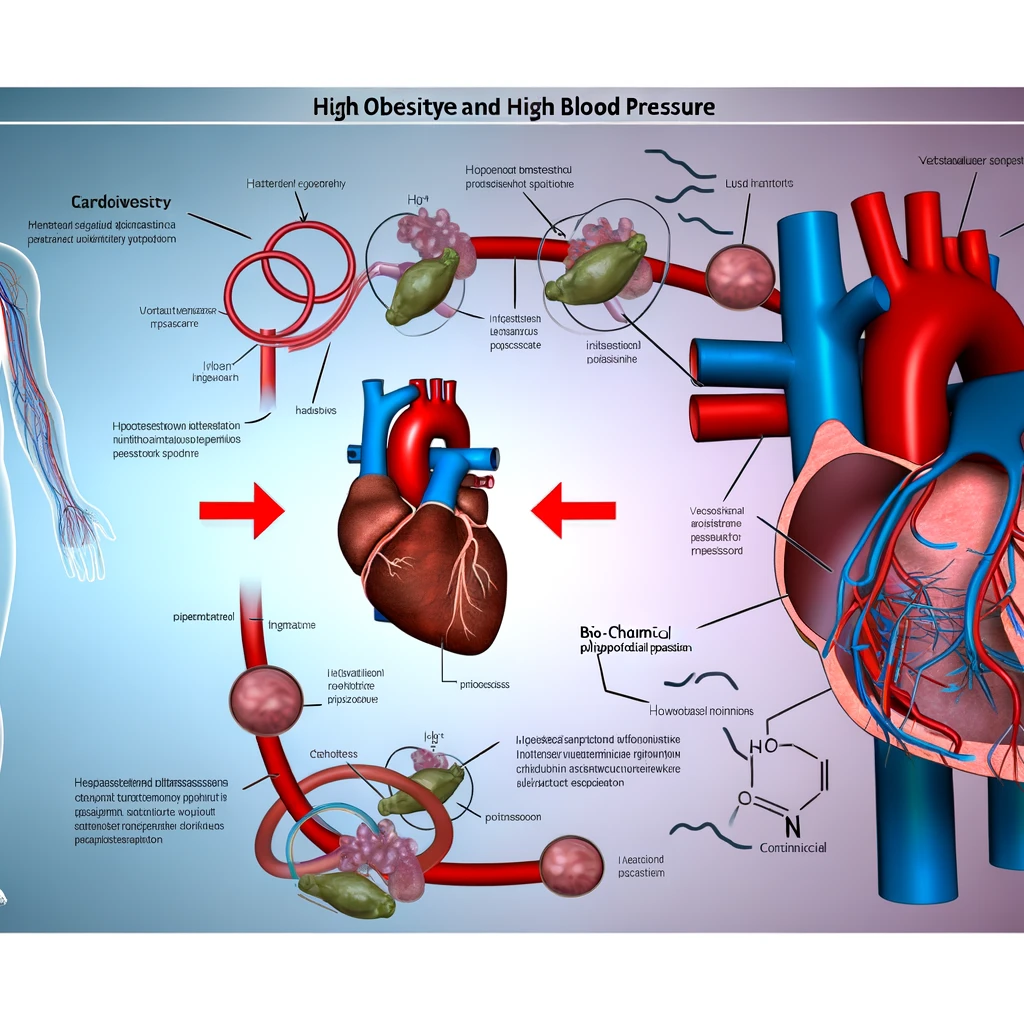Related Articles









The heart rate is a crucial indicator of cardiovascular health and overall fitness. However, numerous misconceptions surround this vital statistic. This article aims to debunk common heart rate myths and provide factual information to help you better understand your heart health.
While it's true that athletes typically have lower resting heart rates, this isn't a universal rule. Genetics, age, and lifestyle all influence resting heart rates. A low heart rate can signify high fitness levels, but it can also indicate underlying health issues such as bradycardia. It's essential to consider the context and consult healthcare professionals for accurate assessments.
The commonly used formula for calculating maximum heart rate is 220 minus your age. While this provides a general guideline, individual variations can be significant. Factors such as fitness level, medication, and individual heart health can alter this number. It's crucial to personalize your exercise routines based on your own heart rate data and fitness goals.
Heart rate monitoring is beneficial for everyone, not just athletes. Tracking heart rate can help detect irregularities, manage stress, and tailor exercise intensity. For those with heart conditions, monitoring can provide critical information for managing their health effectively.
The notion of a 'fat-burning zone' is often misunderstood. While lower-intensity exercises burn a higher percentage of fat, higher-intensity workouts burn more calories overall. It's important to balance different intensities to achieve comprehensive fitness goals, rather than focusing solely on a specific heart rate zone.
Understanding the facts about heart rate can lead to more informed health and fitness decisions. By dispelling these myths, you can enhance your workouts, monitor your health more accurately, and maintain a healthier lifestyle. Remember to consult with healthcare providers for personalized advice and use technology wisely to gather accurate data.